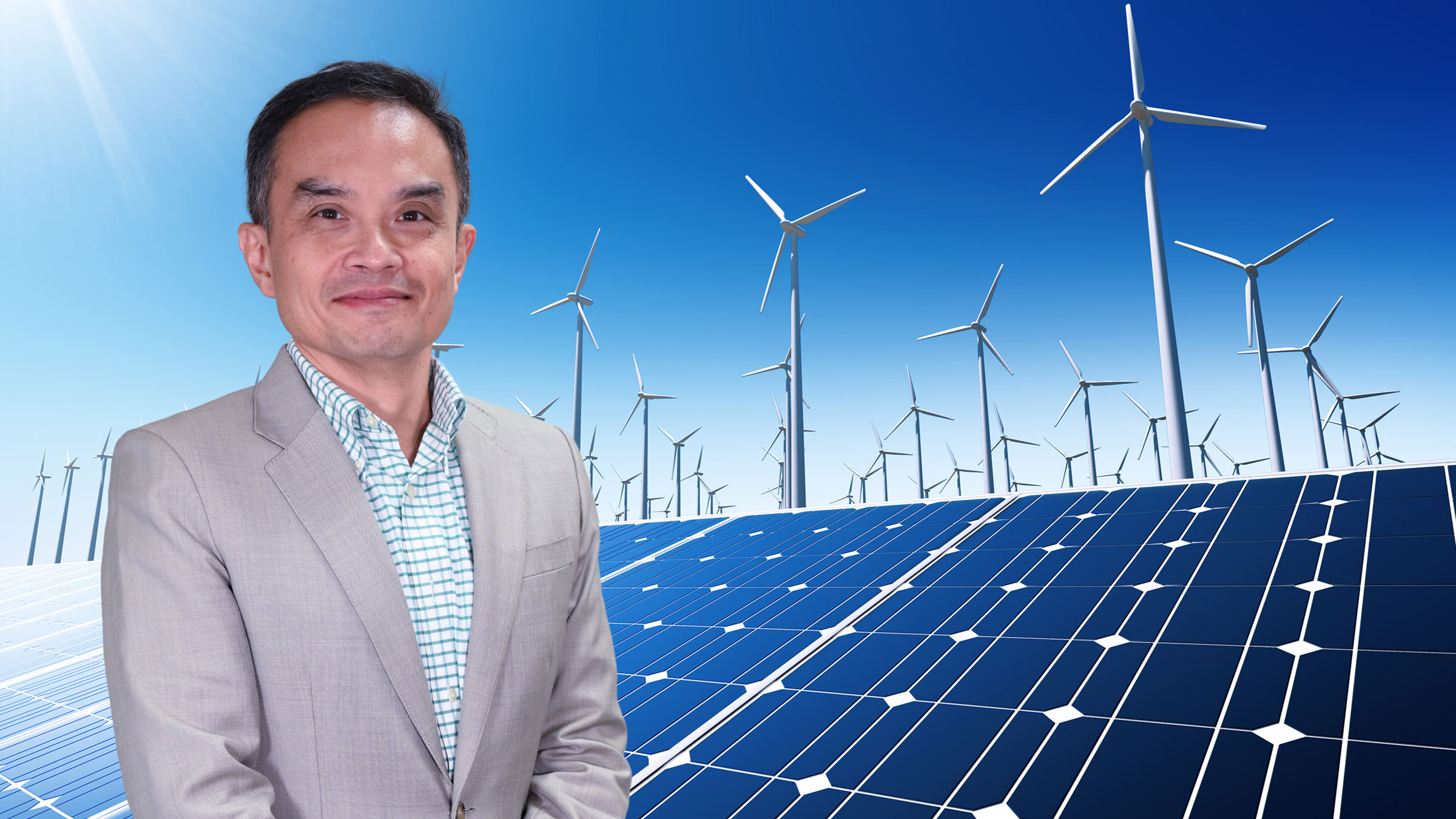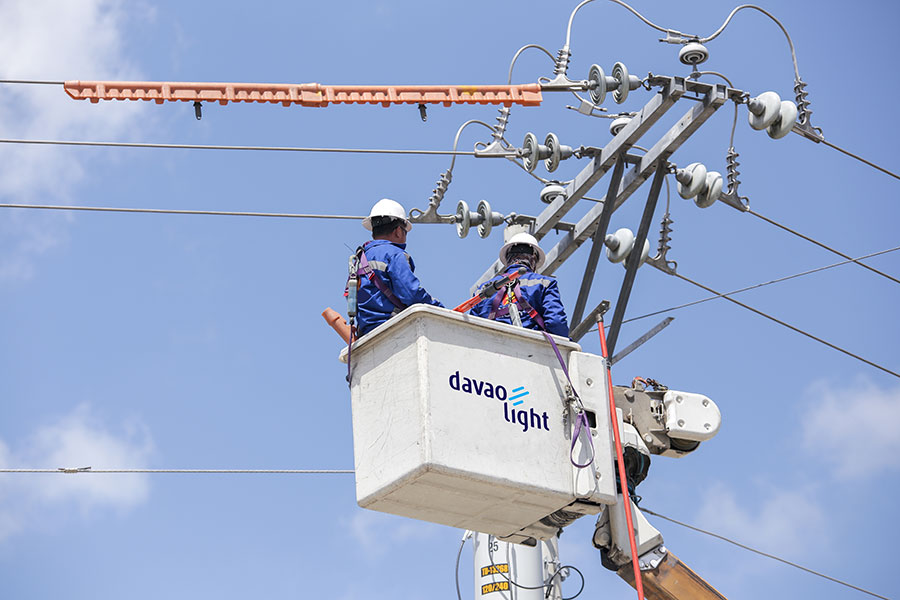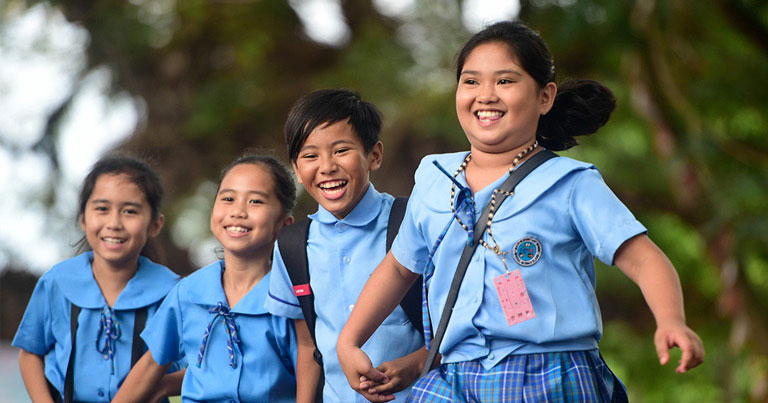Every nation wishes that they had their own Isambard Kingdom Brunel. Brunel was responsible for some of the greatest feats of innovation and engineering during the Industrial Age. Thanks to his brilliance, the Great Western Railway, the first transatlantic steamship, numerous bridges and tunnels came to fruition and heralded a golden age in British history. But alas, wishing for an industrial messiah to shine their brilliance upon the masses may turn out to be a very long, fruitless wait. Instead, wouldn’t it be wiser and prudent to have the collective — citizens, government, private sector, regulators, NGOs — work together to build energy security for the Philippines. We don’t need a Brunel. But if each one of us brings out the innovator within us, the march towards energy security becomes faster and will most likely lead to success.
It is in this spirit that the author puts forth three wishes for building greater energy security in the country. I was fortunate enough to be part of a Manila Times online forum last Thursday, January 26, where columnist Ben Kritz, Energy Regulatory Commission (ERC) Commissioner Monalisa C. Dimalanta, Green Tiger Markets’ (GTM) John Knorring, Philippine Energy Independence Council’s Rolando J. Paulino Jr. and WeGen Laudato Si’ Inc.’s Charlie Ayco and I shared ideas on how to build energy security for the nation. Building from that productive forum, I wanted to crystallize three wishes that I believe will greatly advance energy security. In a later column, I’ll share with you three tangible innovations being brought forth to make it happen. But first, a general wishlist.
Wish #1: A responsible and orderly energy transition pathway bespoke for the Philippines. Contrary to how some reactionaries might try to frame matters, there is no one-size-fits-all prescription for a country’s decarbonization and energy transition. Every country is blessed or challenged by circumstances shaped by geography, history, state of socio-economic development, international relations, and a number of other factors. Where the Philippines is today cannot be compared with the American context nor that of the Chinese, the Indian or the Norwegian. Feelings of elation over new energy innovations from the developed world turn quickly into feelings of sadness and indignation at the insensitivity and inanity of holier than thou recommendations that the Philippines adopt lock, stock, and barrel the aforementioned innovation. Different circumstances require specific and tailored-fit initiatives best suited for that nation at that point in time. In Vietnam, for example, EVN (their regulator) has on certain occasions allowed power developers to carry out and get reimbursement for the last mile of the transmission line to connect the power plant to the electricity grid. The Philippines needs an energy transition master plan that will deliver the fullest economic and human development potential of the country and her citizens. Any effort in energy transition must coexist with other vital nationwide transitions — in education, healthcare, social services, and infrastructure to name just a few.
Wish #2: Have all options on the table: exploration, generation, transmission, micro grids, distributed energy resources (DER), etc. The Philippines (and the whole world) will need all sources of energy, all kinds of power generation and energy storage technologies, and even CO2 mitigation methods such as carbon capture, utilization, and storage (CCUS) and nature-based solutions, to meet its energy needs both for the present and for the sustainable energy future that we aspire to build. There is no silver bullet. What we need, rather, is a golden bucket of technologies and innovations in the field of energy. Complex, multiple problems will require having a robust arsenal of solutions. For example, according to the Department of Energy (DOE), there are more than one million households that do not have access to electricity, and 8 out of 10 of these are in Mindanao. Solutions such as micro grids and distributed generation, which are suited for archipelagos, must be considered in the bucket of solutions. Connecting stranded generation assets to demand centers through improvements in the transmission system, such as the Mindanao-Visayas Interconnection Project, will also have to be part of the solution set.
Wish #3: An enlightened, engaged citizenry — government, private sector, NGOs, end users, etc. — that understands that the energy quadrilemma (having available, reliable, affordable, and sustainable energy) is an interlocked challenge that needs to be addressed holistically. When a citizen reads from media or the Internet or perhaps hears from their Filipino diaspora relations that in places such as Germany or the state of California or a number of other developed areas, home solar panel installations are common, it may be easy to jump to the conclusion that this is easy and that it ought to be done in the Philippines. A noble goal indeed. However, an engaged citizen would understand that the number of home solar panel installations in those places skyrocketed thanks to hefty government subsidies. The Philippines could look to replicate that model but at what cost? One way or another, the end users will have to bear the fiscal brunt of the subsidies. The move to a decentralized energy system also impacts the established grid system. The power grid has to balance the new supply-demand dynamics that are very different from the established system. There becomes far greater demand for the grid to quickly ramp up power when clouds block out the sun and solar power production suddenly drops (which isn’t how typical “baseload” power plants that supply the bulk of power are configured for) and the potential to not use all the solar power in daylight hours simply because there is too much of it. This doesn’t mean that we ought not to promote residential (or commercial and industrial) solar panel installations – in fact, I think we should. However, an engaged and informed citizenry must weigh the trade-offs being made and make a choice. How we go about balancing and optimizing the benefits and costs across these four areas will define the Philippines energy security path. The first step in that journey is having an informed and engaged populace – one that isn’t swayed by simple slogans. Once we have a nation that understands all that is required by a shift to say, solar power (e.g., 1-megawatt of solar power will require about 1 hectare of land which impacts our nation’s food security; is the Philippines prepared to make that trade-off and to what degree?), only then can truly enlightened choices and smooth implementation be possible.
It’s encouraging to see that there has been much progress towards these three items on the wishlist. Government lawmakers, regulators, local government units (LGUs), and other bodies are listening to stakeholder’s inputs. Stakeholders are supporting government initiatives. Media, non-government organizations (NGOs) and citizens have voiced (generally) well thought out energy ideas and proposals, a move that should be welcomed as our common foe is apathy and ignorance and not each other. Energy security should be a priority for all 110 million Filipinos – it is a condition or lack thereof that underpins other goals and aspirations for the nation. Come, share your ideas of what items should be on the wishlist. Bring out the “Brunel” in each of us so that together we can come up with a bespoke Filipino model for energy security.
About the author: Joseph Lacson is an accomplished business leader with extensive global expertise in investments, strategy and business development. A Baker Scholar graduate of Harvard Business School, he has worked for companies like Procter and Gamble, Inc., Chope, and Microsoft, where he directly reported to business magnate and tech titan, Steve Ballmer. Joseph recently joined AboitizPower as its Chief Investment Officer, leading the investment efforts of the company across all facets - thermal and LNG, renewable energy, distribution, and emerging technologies.



